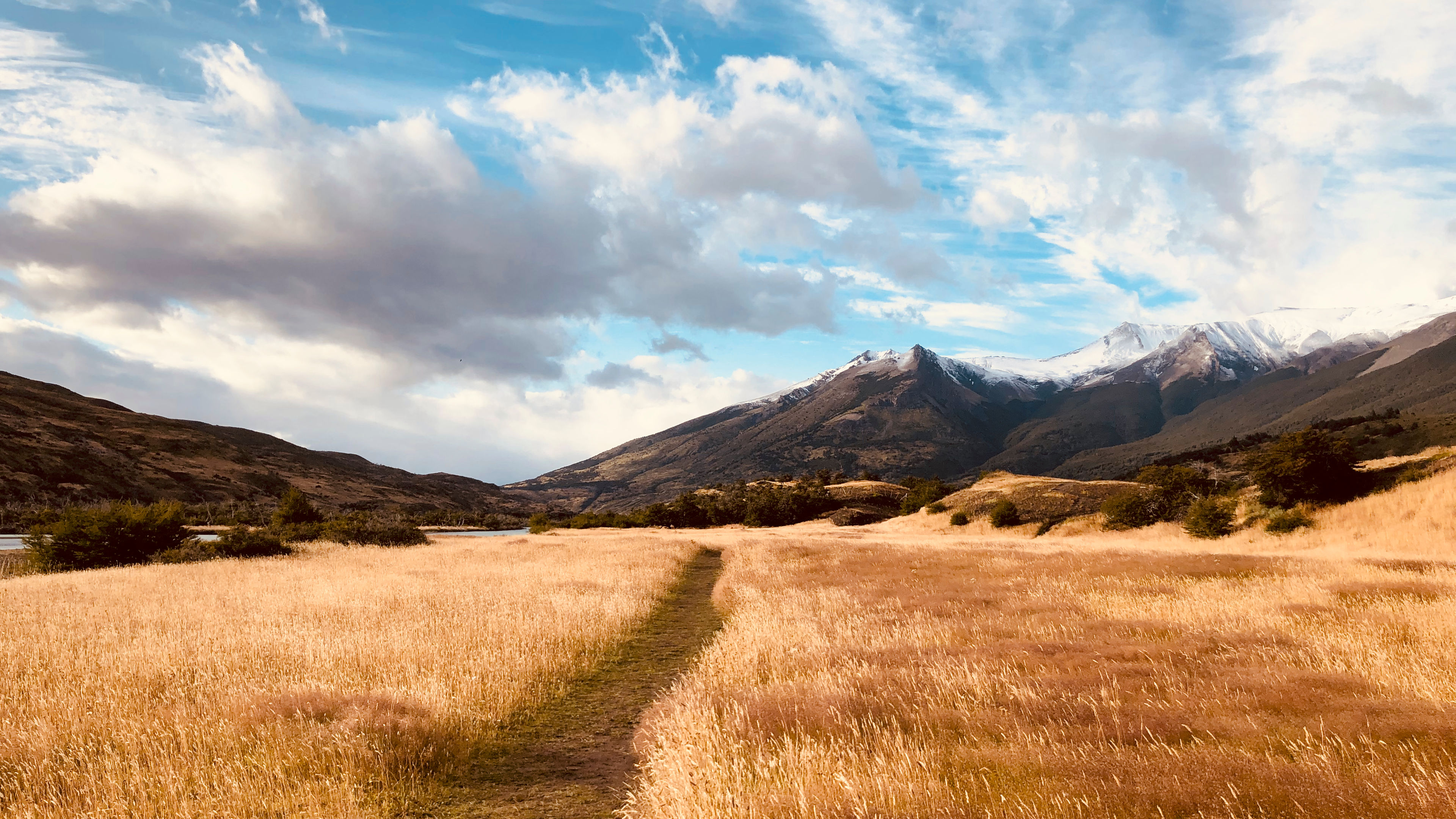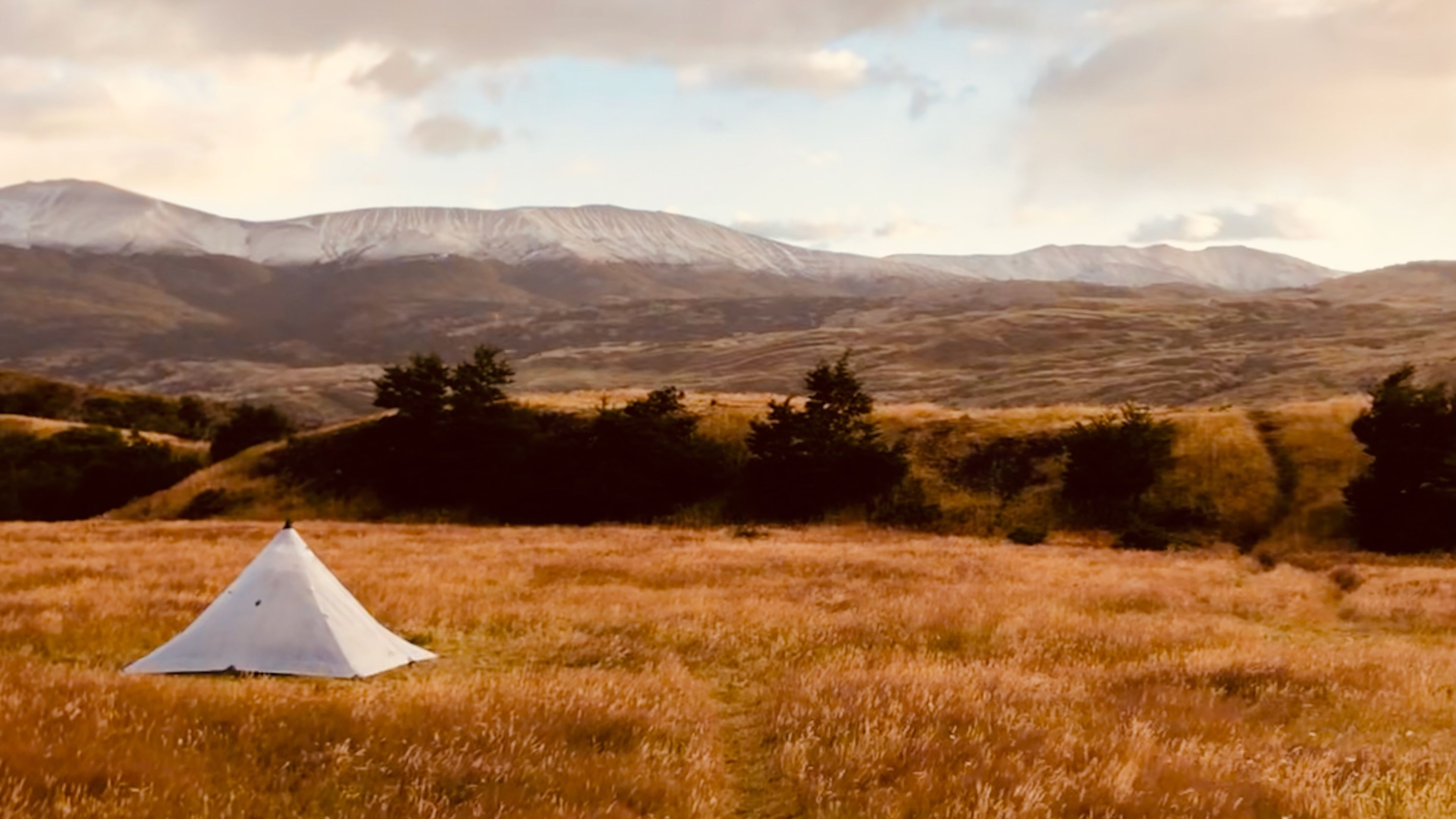Hiking The Torres del Paine "O" Circuit in Patagonia, Chile

71.94 miDistance
13,198 ftElevation gain
13,188 ftElevation loss
8 daysTime
Ever since my trip to Patagonia in 2016 I have dreamed about returning to do the long distance hike around the national park known as the "O" Circuit. Because it was my first introduction to the world of backpacking, it always held a special place in my heart, and who doesn't like being able to go someplace nostalgic?
I went at the end of February in 2020, just as COVID-19 was beginning to make headlines. And you might also be thinking "end of February, isn't it snowing?", and no it was not since in the southern hemisphere our winter in the north is their summer, albiet I went towards the end of their summer.
What is the "O" Circuit
There are two trekking routes (or circuits) in Torres del Paine National Park: the "W" and the "O". Both routes get their names from each trail’s layout. The "O" is a route that runs the entire perimeter of the park, and ends at the same place it starts. Whereas the "W" starts at the left-hand side of the park, bumps into the middle of it at the Towers, and then ends at the right-hand side of the park.
A highlight of the "O" circuit is Grey's Glacier. And the circuit itself attracts hundreds of travelers from different corners of the planet each year. The route is roughly 85 miles in length and it took me 8 days to complete it. It's a longer distance than the "W" and therefore feels more intimate with nature because it has fewer hikers on it, but still plenty to make friends!

Where I spent each night
This trek was different from the others I had done up until this point due to the primary mode of accomodation being a tent! Yes some beds were available in dormitories at each daily stopping point, but they were much more expensive. I had never done a backpacking trip before that required a tent, so I bought one that was rated for strong winds and heavy rain (common things in Patagonia), as well as one that utilized my trekking poles in order to hold it up so that I could save on weight.

Each stopping point had a Refugio, provided a kitchen to cook in, and meals for those who were staying in the dormitories. on this particular trek I decided to bring all of my food with me (a common thing on the "O"). Combine this with all of the camping gear and my bag must have weird close to 35 pounds at the start!
What I brought
In addition to having a waterproof and strong tent, I also needed to bring a thick and comfortable sleeping pad as well as the same warm sleeping bag that I had brought with me on the Annapurna Circuit. Always bring a water filter, and a large power bank is a must due to the remoteness of these Refugios. While it never rained during the day, a good rain jacket is also a must.
- A strong tent
- Warm sleeping bag
- Thick sleeping pad
- Large power bank
- Pillow
- Water filter
- Trekking poles
- Entertainment
- Warm fleece
- Down jacket
- Good rain jacket
Stages that I followed
Due to the limited number of places to stay on this trek (there were only 9), I had to book everything in advance which meant locking in how far I could go each day. Not something I'm a fan of.
Day 01
Day 02
Day 03
Day 04
Day 05
Day 06
Day 07
Day 08
I had a great time on this trip, and it was just the right amount of rustic and modern comforts mixed together. The tent performed very well, although one of my trekking poles did bend in some hurricane-force winds at Paine Grande (everyone had a rough sleepless night that day, along with some sort of tent damange).
With another type of trek under my belt, I was ready to plan the next hike, but that would have to wait another two years because of COVID-19, and lockdown.

